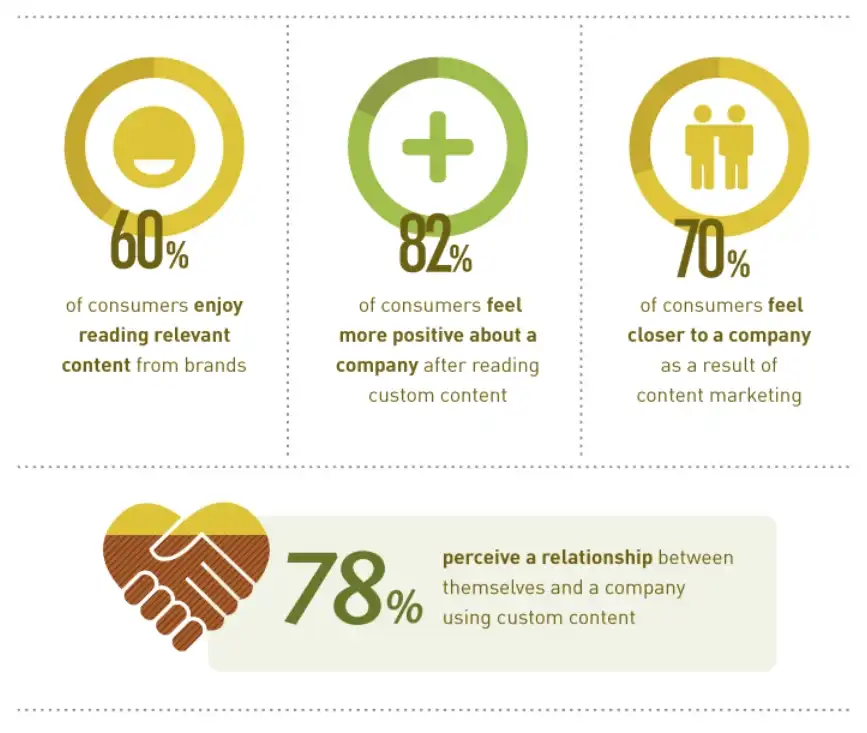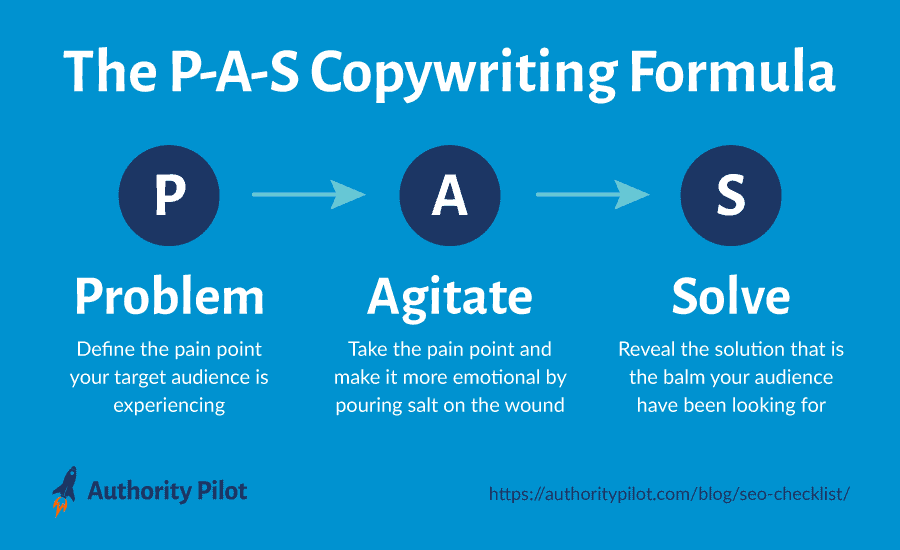Are you looking for a cost-effective way to grow your website traffic to attract new customers while at the same time building loyalty with existing ones? Consider the power of the blog. Starting a blog for your business can be the answer. The benefits of blogging for business are endless, and can help you achieve your marketing goals.

By the Numbers
According to a Hubspot study, businesses that have a blog generate 67% more leads per month than those that don’t. Blogging is also an effective way of driving traffic to a website, as businesses with blogs get 55% more website traffic than those without one.
Another study by Neil Patel found that companies that blog receive on average 97% more backlinks to their website, which can greatly improve search engine rankings and overall visibility.
There’s more. The folks at DemandMetric put together a detailed infographic that identifies the following takeaways about content marketing:
- 80% of internet users interact with both social media sites and blogs
- Blogs can result in a 434% increase in indexed pages and a 97% increase in indexed links
- Companies with blogs produce an average of 67% more leads monthly than companies that don’t blog
- 62% of companies outsource their content marketing

The Power of Blogging
In this post, we will cover the top benefits of blogging for business and how it can help you achieve your marketing goals.
- Increased Website Traffic. One of the primary benefits of blogging for business is the potential to drive increased traffic to your website. By consistently creating high-quality content, you can attract more visitors through search engines, social media shares, and referrals. As your blog becomes a valuable resource, it positions your website as an authoritative source, leading to higher organic search rankings and more visibility.
- Thought Leadership. Blogging allows you to showcase your expertise and establish yourself as a thought leader in your industry. By sharing valuable insights, industry trends, and unique perspectives, you can position your business as a trusted authority. Thought leadership builds credibility and trust among your audience, attracting potential customers and fostering long-term relationships.
- Improved Search Engine Optimization (SEO). Blogging plays a crucial role in enhancing your website’s search engine optimization. Search engines love fresh, relevant content, and regularly publishing blog posts can help you target specific keywords, optimize meta tags, and generate backlinks. By implementing effective SEO practices, your blog posts can rank higher in search engine results, driving more organic traffic to your website.
- Boost Customer Engagement. Another of the benefits of blogging for business is that blogs provide an excellent opportunity to engage with your audience. By creating content that resonates with your target audience, you can encourage them to share your blog posts on social media, comment on your posts, and engage with you on your website. This engagement can strengthen relationships with potential and existing customers and help build a loyal fan base.
- Build Brand Awareness. Through consistent blogging, you can effectively increase your brand’s visibility and awareness. By creating content that resonates with your target audience and aligns with your brand values, you can establish a distinctive brand identity. As more people engage with your blog, your brand recognition expands, leading to increased awareness and potential business opportunities.
- Community Building. Blogging creates opportunities to build a vibrant community around your brand. By encouraging readers to engage, share, and contribute, you can foster a sense of belonging and connection. Through blog comments, social media interactions, and email subscriptions, you can cultivate a loyal community that supports your brand, amplifies your message, and drives organic growth.
- Measurable Results. Blogging provides measurable results that can help you track your marketing progress. By using website analytics tools, you can see how many people are visiting your website, how long they’re staying, and what pages they’re viewing. Additionally, by tracking leads and conversions, you can see how your blog is helping to drive business results.
- Boost Social Media Presence. Blogging and social media go hand in hand. By creating compelling blog content, you have valuable material to share across your social media channels. Engaging posts that link back to your blog can drive traffic, increase social media followers, and encourage social sharing. This synergy between blogging and social media strengthens your online presence and expands your reach.
- Converts Traffic into Leads. A well-executed blogging strategy can significantly contribute to lead generation and sales growth. By offering valuable content, you can attract potential customers who are actively seeking information and solutions related to your industry. Through strategic calls-to-action (CTAs) within your blog posts, you can convert visitors into leads and nurture them through the sales funnel, ultimately driving more sales and revenue.
- Drives Long-Term Results. Strategic content provides long-term benefits that can help you achieve your marketing goals for years to come, and blogging is an effective outlet. By consistently creating high-quality content, you can establish your business as an authority in your field and build a loyal fan base. Additionally, by improving your website’s search engine ranking and driving more website traffic, you can continue to attract potential customers and increase conversions over time.

Frequency Matters
Blogging frequency enhances the benefits of blogging mentioned earlier. Increased website traffic, improved SEO, better audience engagement, establishing thought leadership, etc. By publishing high-quality content on a regular basis, you can keep your readers coming back for more and stay top of mind with potential customers. It also gives you an opportunity to share your expertise and build credibility with your audience. Overall, frequent blogging can be a powerful tool for growing your online presence and driving business results.
All the said, a common question is how often should your business Blog? The answer ultimately depends on what you aim to accomplish. For brand awareness, 1-2 times per week is a good starting point. To maximize organic traffic, it is best to publish as much optimized content as possible. Plan to blog 2-4 times per week.
Of course, the challenges of maintaining frequency are obvious. Smaller teams can find it difficult to brainstorm, create, and promote a new post every day. This is why 62% of companies choose to outsource their content marketing. If that’s you, check out our Blog Content Writing Services that offer frequency and scalable to fit your needs.

Talk Strategy with a Fractional CMO
SEO. More SEO traffic with higher conversion rates.
Paid Media. Paid strategies with clear ROI.
Content. Epic content that attracts and gets shared.
Benefits of Blogging for Business: Crafting Great Blog Content
Now that you’ve seen the benefits of blogging for business, you might be eager to get started or improve upon your current blog. Creating a successful blog with engaging content can be a challenge, but there are considerations you can apply to develop better content that will attract and retain your audience. From defining your goals to providing value to your readers, here are 7 tips for crafting great blog content.
- Define your goals and your audience
- Brainstorm ideas and plan your content
- Use captivating headlines, subheadings and bullets
- Incorporate visuals to break up text
- Optimize your content for search engines
- Analyze your performance and make adjustments
- Stay consistent with your content creation
One last tip is to hook readers with great blog post intros. That link goes into more detail, but essentially the tactic involves using the PAS copywriting formula as your starting point.

Recap
Blogging offers a multitude of benefits for businesses looking to enhance their online presence and engage with their audience. From increasing website traffic and improving SEO to establishing thought leadership and building a community, the advantages of blogging are undeniable. By regularly creating high-quality content and optimizing it for search engines, you can establish your business as an authority in your industry and drive measurable results.







